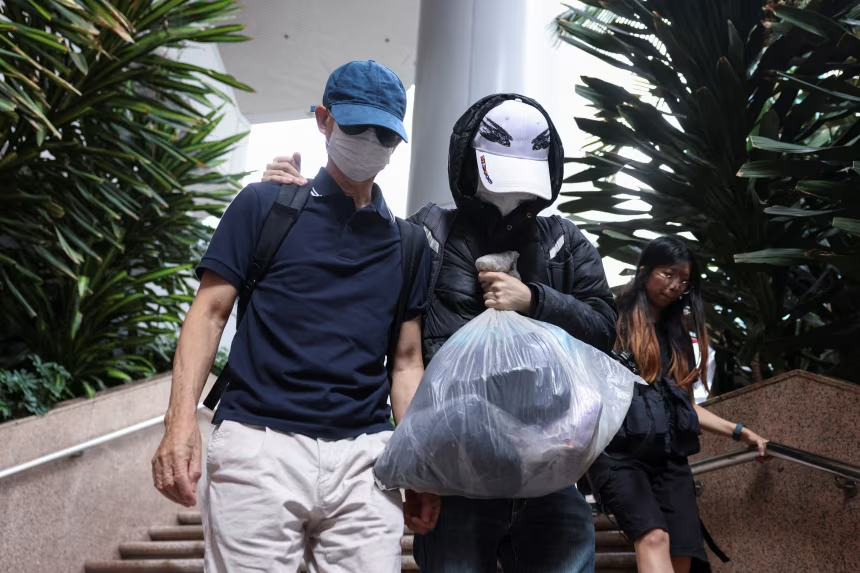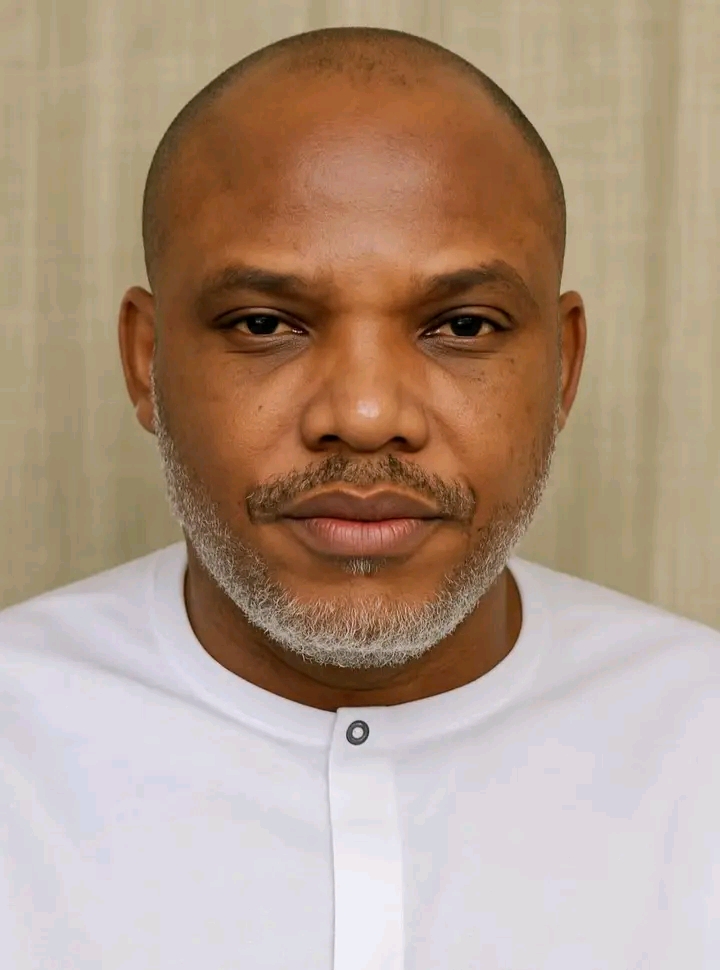Now Reading: Kenyan Court Slams Nigeria and Kenya for Illegal Rendition of Nnamdi Kanu, Awards KSh10 Million in Damages
-
01
Kenyan Court Slams Nigeria and Kenya for Illegal Rendition of Nnamdi Kanu, Awards KSh10 Million in Damages
Kenyan Court Slams Nigeria and Kenya for Illegal Rendition of Nnamdi Kanu, Awards KSh10 Million in Damages

Justice Enoch Chacha Mwita of the High Court of Kenya has delivered a damning verdict against the governments of Kenya and Nigeria over the unlawful abduction and extraordinary rendition of Nnamdi Kanu, leader of the Indigenous People of Biafra (IPOB). In a historic ruling on June 24, 2025, the court declared the 2021 transfer of Kanu from Nairobi to Abuja as unconstitutional, illegal, and a gross violation of international human rights law.
The judgment confirmed that Kanu, who entered Kenya lawfully, was abducted in broad daylight at Jomo Kenyatta International Airport, held incommunicado, subjected to torture, and deported to Nigeria without any legal process. The court ordered the Kenyan government to pay KSh10 million (approximately ₦86 million) as compensation for the abuse of his fundamental rights under the Kenyan Constitution.
Justice Mwita condemned the incident as a flagrant abuse of executive power, stating that Kanu was denied access to legal counsel, medical treatment, food, and water during his illegal detention. The court found that the security agencies acted outside the law and in violation of Kenya’s obligations under both domestic and international frameworks, including the African Charter on Human and Peoples’ Rights.
The IPOB leadership has hailed the ruling as a “judicial earthquake,” insisting that it validates their longstanding position that Kanu’s 2021 rendition was nothing short of state-sponsored terrorism. The group reiterated that what transpired was not a formal extradition but a covert operation executed with the complicity of both states’ security operatives, without any legal warrant or due process.
In its official reaction on Friday, IPOB spokesperson Emma Powerful emphasized that the ruling has permanently stained the reputations of former Presidents Muhammadu Buhari and Uhuru Kenyatta, who were in office at the time of the controversial operation. He expressed gratitude to lead counsel Prof. PLO Lumumba and praised Justice Mwita for his courage and legal clarity.
IPOB also vowed to pursue global accountability, promising to launch an international legal campaign to bring all perpetrators of the rendition to justice. According to the group, the ruling lays the groundwork for broader legal actions in international forums, including the International Criminal Court (ICC), to demand justice for crimes against humanity.
The landmark judgment has sparked conversations globally about the abuse of state power, cross-border collusion in political persecutions, and the long-standing demand for Biafran self-determination. Rights groups and legal observers have called on the Nigerian government to respond to the court’s ruling and reassess its continued detention of Kanu, whose legal battles remain a lightning rod for agitation in the Southeast.




